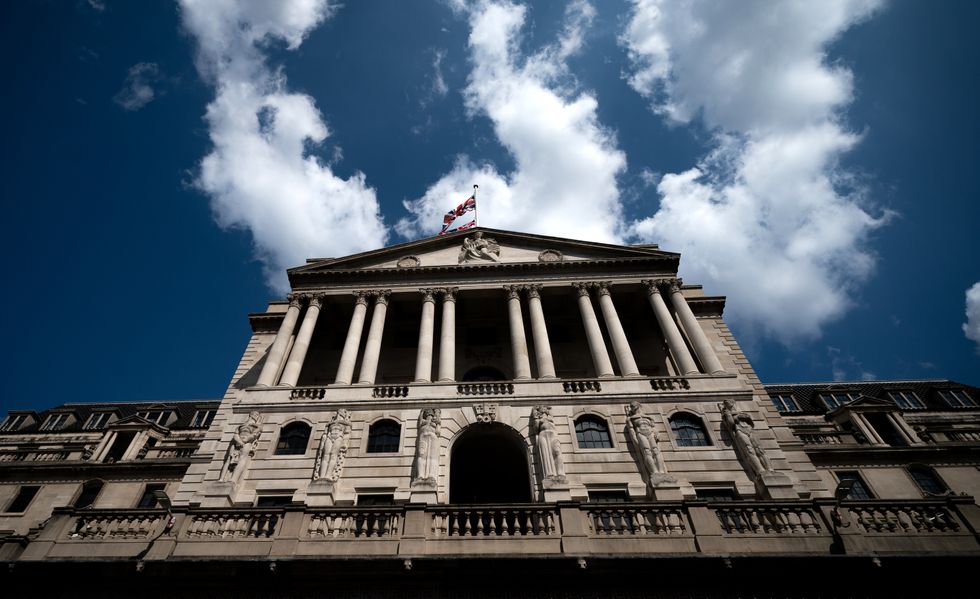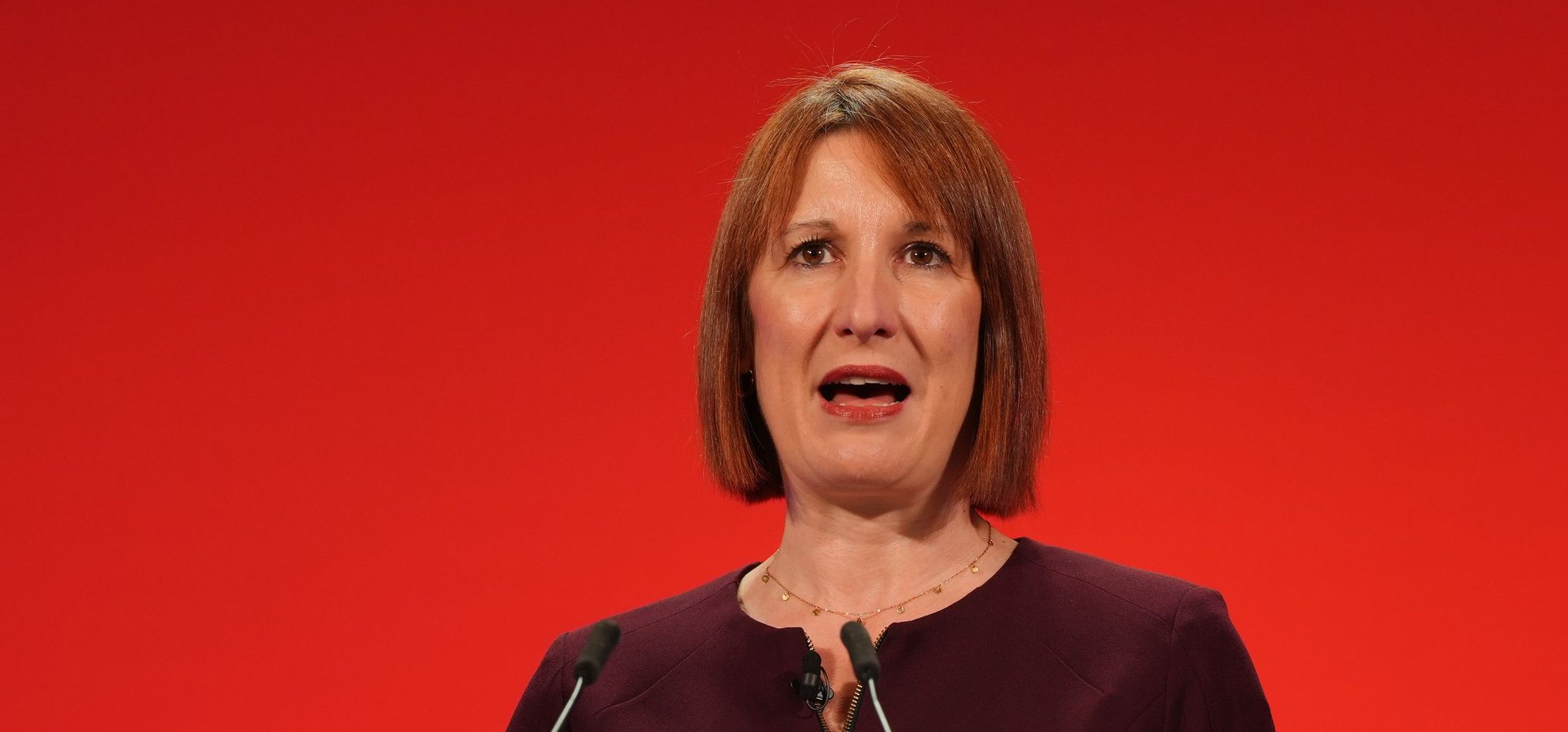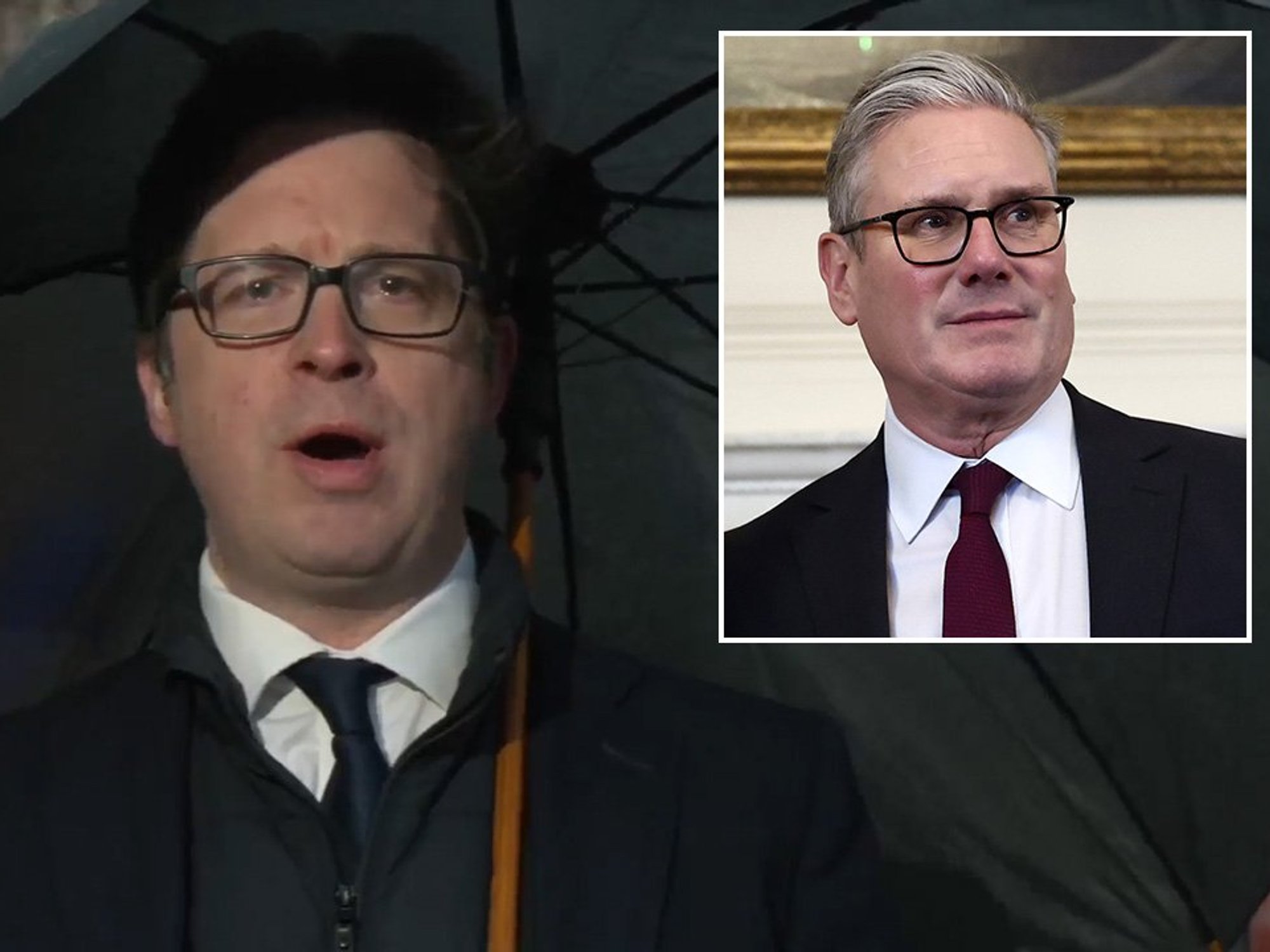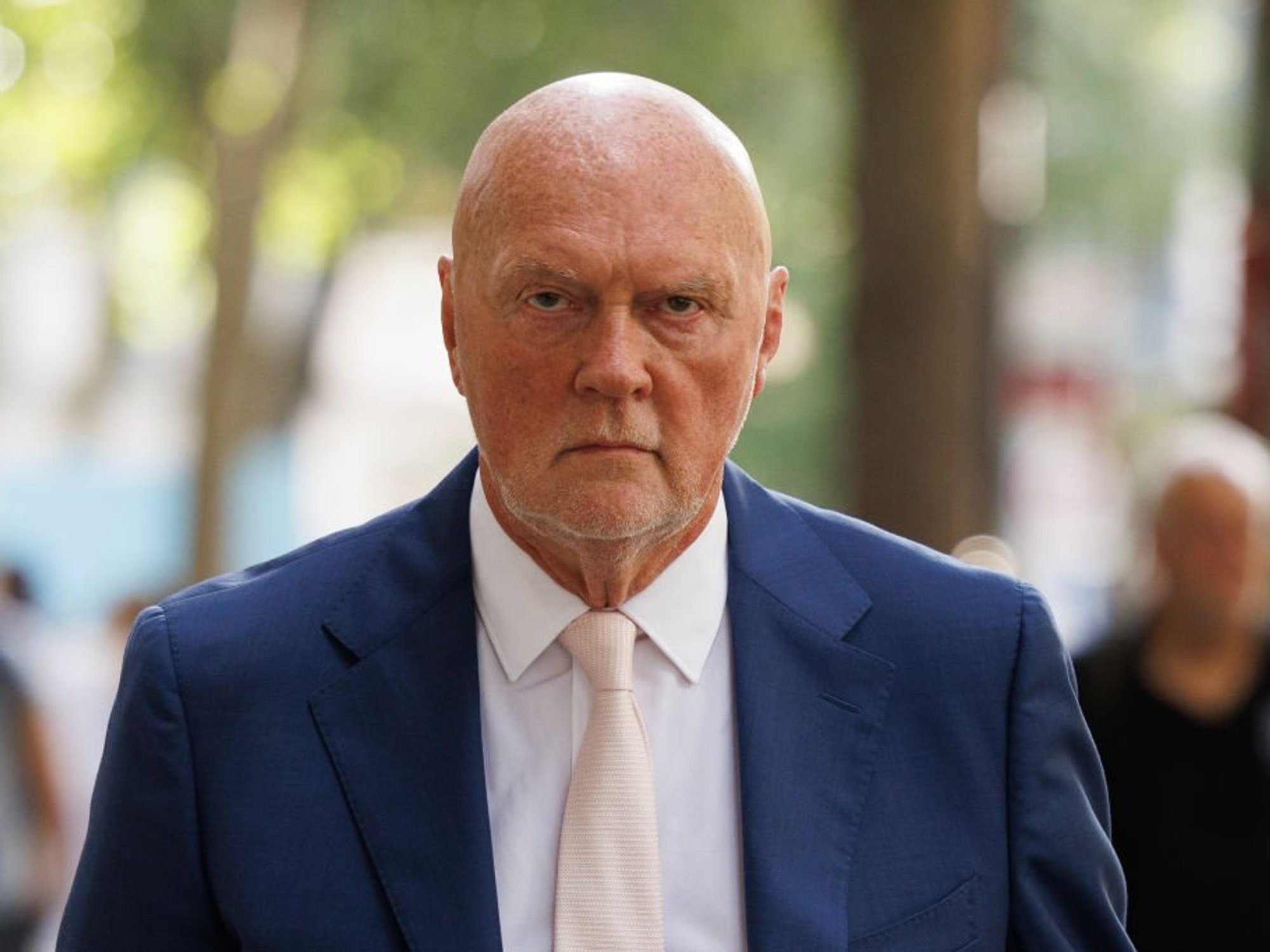Bank of England boss claims Brexit will damage economy for 'foreseeable future'

He also claimed that years of weak productivity have added to Britain’s growing debt burden
Don't Miss
Most Read
Andrew Bailey has claimed that Brexit will damage the UK economy for years to come, describing its impact as "negative for the foreseeable future.
The Bank of England Governor claimed that putting up trade barriers always harms growth, though he insisted he was not expressing a personal view.
He also claimed that years of weak productivity have added to Britain’s growing debt burden.
"What's the impact on economic growth? As a public official, I have to answer that question and the answer is that, for the foreseeable future, it's negative," Mr Bailey told his audience of international monetary policymakers.
The Governor emphasised that reduced openness in trade relationships inevitably constrains economic expansion. His comments represent his most direct public acknowledgement yet of Brexit's lasting economic consequences, though he stressed he was providing an official assessment rather than personal opinion.
Mr Bailey explained that erecting trade barriers inevitably hampers economic expansion over time. "Make an economy less open and it will restrict growth, though over a longer time trade will adjust and rebuild," he said, noting this pattern was evident in Britain's post-Brexit experience.
The Governor indicated that Britain's economy was gradually adapting to its new trading arrangements, with evidence of "some partial rebalancing" already emerging in trade patterns.
His remarks contained an implicit critique of Donald Trump's protectionist approach. "If you make the world economy less open, it will have an effect on growth. It will reduce growth over time," Bailey warned, addressing the broader risks of global tariff escalation.
He acknowledged that whilst trade relationships eventually reconfigure themselves, the adjustment process remains challenging. "Trade does adjust. It does rebuild, and all the evidence we have from the UK is that is exactly what is happening."
Mr Bailey presented a sobering analysis of Britain's productivity crisis and its fiscal consequences.

Mr Bailey presented a sobering analysis of Britain's productivity crisis and its fiscal consequences
| PAHe calculated that had the UK maintained its pre-financial crisis growth trajectory of 2.5 per cent annually instead of the actual 1.5 per cent achieved, the nation's debt burden would look dramatically different.
The debt-to-GDP ratio would currently stand at 82 per cent rather than 96 per cent, with projections showing it could have fallen below 80 per cent by decade's end. "That is a big difference," Bailey cautioned.
He explained that sluggish growth complicates monetary policy decisions significantly. "If the denominator grows more slowly, economic policy making get more difficult," he noted, suggesting that Britain's reduced economic dynamism makes controlling inflation whilst maintaining low interest rates increasingly challenging.
Mr Bailey also raised concerns about emerging risks to financial stability from technological advances and evolving credit markets. He warned that artificial intelligence could pose threats through inflated asset valuations, particularly amid broader global economic disruptions.

Mr Bailey also suggested that reforms might be necessary to strengthen the government bond market against financial instability
| PA"There is nothing inconsistent with thinking that AI is the next big technology and being concerned that it may along the way challenge financial stability through stretched valuations, and particularly in a environment of larger global supply shocks," he stated.
The Governor highlighted additional vulnerabilities in the financial system, specifically the swift expansion of private lending by non-bank institutions. He indicated that regulators would intensify efforts to "lift the lid" on this sector to better understand potential risks.
Mr Bailey also suggested that reforms might be necessary to strengthen the government bond market against financial instability.
Chancellor Rachel Reeves is anticipated to cite Brexit's impact when the Office for Budget Responsibility releases expected downgrades to long-term growth projections.

Chancellor Rachel Reeves is anticipated to cite Brexit's impact when the Office for Budget Responsibility releases expected downgrades to long-term growth projections
| PAHer emphasis on economic expansion reflects the challenging fiscal environment Mr Bailey outlined, with economists predicting she may need to implement £30 billion in additional tax increases at her November 26 Budget to maintain fiscal balance.
Mr Bailey's Washington address echoes historical Brexit interventions by central bank officials. His predecessor Mark Carney faced fierce backlash from Brexit supporters in 2016 after cautioning that EU departure might trigger a recession.
Meanwhile, new analysis supported by former Prime Minister Lord Cameron suggests Britain risks losing its developed nation status, potentially falling from 25th to 46th in global wealth rankings by 2050.
More From GB News











